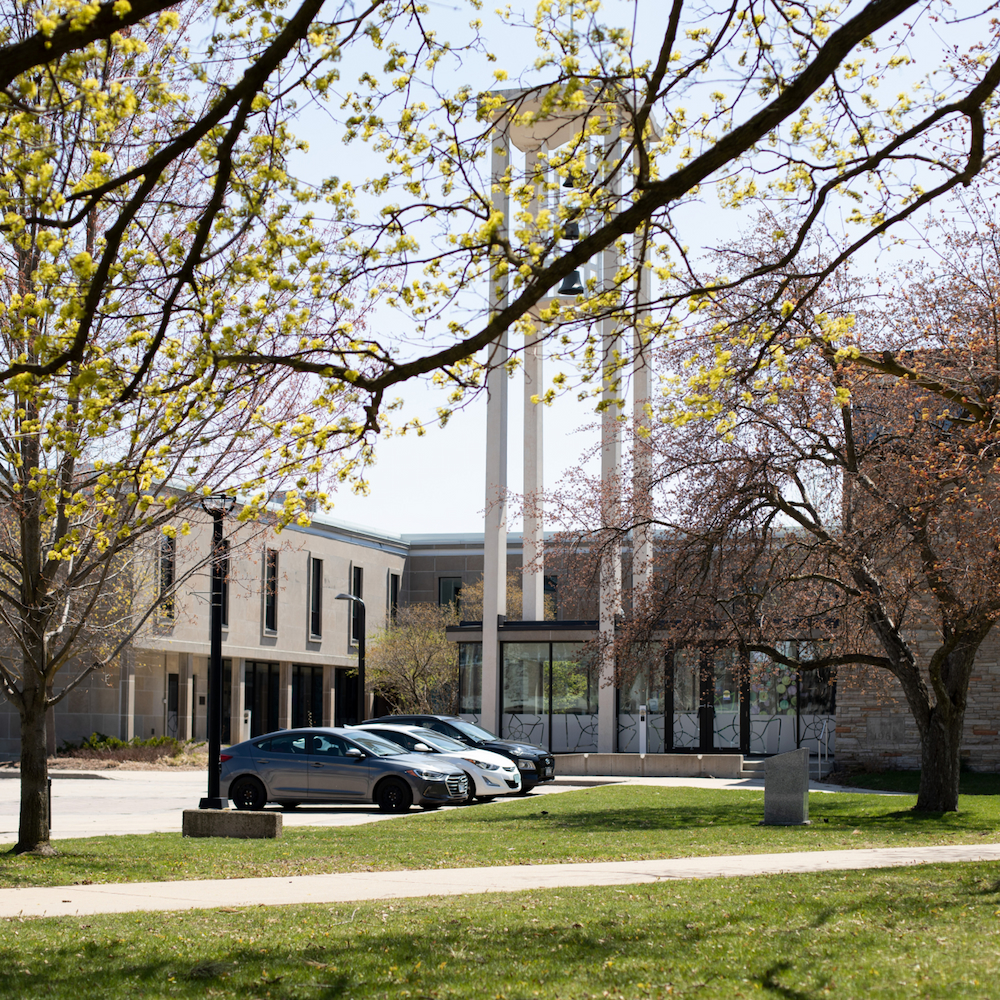We use cookies on this site to enhance your experience.
By selecting “Accept” and continuing to use this website, you consent to the use of cookies.

Martin Luther University College's Assistant Principal, MDiv Program Coordinator and Director of the Centre for Earth Consciousness and Gender Justice, Mary Philip (a.k.a Joy), shared this Land Acknowledgement during Open Door's International Women's Day service on Mar. 6.
The month of March is set apart to acknowledge, honour, celebrate and support women — matriarchs, mothers, aunties, sisters, daughters, granddaughters, nieces, cousins and friends, from any and every part of the world. However, we at Luther want to make that acknowledgement, celebration and support specific to the land I am on and the Indigenous women of this land.
As First Nations Health Authority points out, “Indigenous women and girls have forged new paths and created lasting changes for many generations and will lead and inspire us for generations to come. Time must be taken to recognize and celebrate these powerful women, and to nurture and inspire our young ones to become the powerful leaders of tomorrow.”
As immigrants, settlers, in this land, we are slowly learning the challenges Indigenous people face, especially the women. We are called to learn about the oppression of Indigenous peoples, to understand Indigenous cultures and values, and to stand with Indigenous women in the fight against racism, violence and discrimination.
We remember today the many missing and murdered Indigenous women and girls. We remember the Indigenous women that enrich and embolden our lives — the water walker, Josephine Mandamin, the Anishinaabe grandmother who took on a sacred walk, traversing over 10,900 miles around each of the Great Lakes. She taught us how precious water is.
We honour Mary Two-Axe Earley who in 1968, first brought the issue of gender-based discrimination in the Indian Act to national attention through her submission to the Royal Commission on the Status of Women. We celebrate Jeannette Corbiere an Anishinaabe community worker from Wikwemikong Unceded Territory, Manitoulin Island and Yvonne Bédard an Iroquois from Brantford Reserve, Ontario who fought for their status after having married non-Indigenous men. They took their case all the way to the Supreme Court of Canada, where they lost by one vote, but the foundation was laid for subsequent reform.
How can we forget Sandra Lovelace? Sandra was a Maliseet woman who grew up on the Tobique Reserve and was denied housing after losing status due to marriage. Lovelace took the matter to the United Nations Human Rights Committee (UNHRC) leading to the amendment of Section 12(1)(b) of the Indian Act by Bill C-31 in 1985. We celebrate Jean Becker, Kelly Laurila, Kathy Absolom, Melissa Ireland, Maggie Allan, Dorinda Kruger.
Education is key to providing better information about the history of the diverse Indigenous peoples of Canada. At Luther, we are in a place where we can provide that education, not to mention educate ourselves, and gain better understanding of Indigenous cultures and to engage ourselves in Indigenous issues. This education is imperative so that those of us already here and new Canadians better serve Indigenous peoples and become involved in supporting the progress of Indigenous women.
So, during this month, let us remember how interconnected we are to each other, to our families, to our communities, to our environment and our ancestors. Let us make it a priority to honour, accept, and “appreciate the role of Indigenous cultures in shaping Canada’s ethos and connecting Canadian society to the land.”
Let’s make International Women’s Day this March 8, 2024, one of commitment to work, to engaging settlers, immigrants to this land to take action and transform the lives of Indigenous women and by extension, each and every woman of this land.